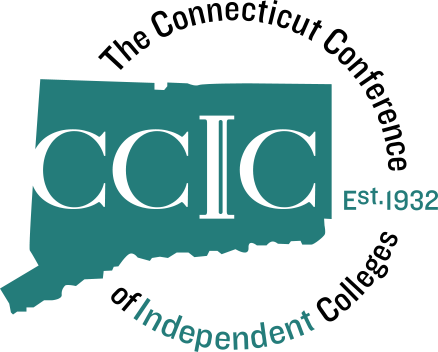The U.S. Department of Education continues to work on its plan to grant experimental federal aid eligibility to partnerships between accredited colleges and alternative providers, such as job skills boot camps, coding academies and MOOCs.
A wide range of experts have been summoned to the White House for a meeting at the end of July to discuss this growing space. And department officials say they are seeking comments on how best to spot and ensure quality with nontraditional providers.
“We think that a new set of quality assurance questions will need to be developed to ask hard, important questions about student learning and outcomes,” said Ted Mitchell, under secretary of education, in a blog post last week. “These questions will help students, taxpayers and those evaluating educational programs separate programs that are high quality from those that do not meet the bar.”
Growing numbers of students are enrolling in noninstitutional programs. For example, roughly 16,000 students are expected to graduate from boot camps this year, Fast Company reported, which is up from 6,740 last year.
The White House wants to encourage that growth, at least among what it sees as high-quality providers. As a result, the department has been mulling an “experimental sites” project that would open up federal aid to a limited group of academic programs that colleges and nontraditional providers would offer jointly.
As Inside Higher Ed reported in April, the department would waive certain rules for federal aid eligibility under the experiment, such as the regulation that fewer than 50 percent of academic programs can be outsourced to nonaccredited, noninstitutional providers. The results of the experiment could be used to inform future policy and regulatory decisions.
Details are still being sorted out for the project, sources said. But the goal is to announce its creation in the next two months.
In June, Jamienne Studley, deputy under secretary of education, told a meeting of accreditors that the department was considering the partnership approach to an experimental site. She said the feds are seeking to “encourage dialogue” on how to ensure quality with approved boot camps and noninstitutional online providers.
“We’re very much in listening mode about what we might do,” said Studley, adding that the department’s goal is to strike a “balance between being deliberative and creative.”
To participate in the project, an accredited college and its partner provider -- perhaps a boot camp like General Assembly or an online course provider such as Udacity -- would need to apply to the department and be accepted as an experimental site. Qualifying programs would include the imprimatur of some third-party, such as an accreditor, that does quality assurance based on minimum thresholds the department would establish.
